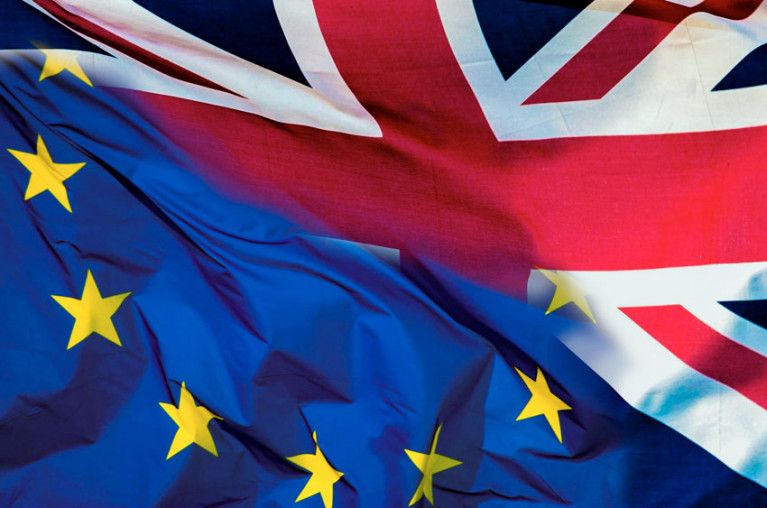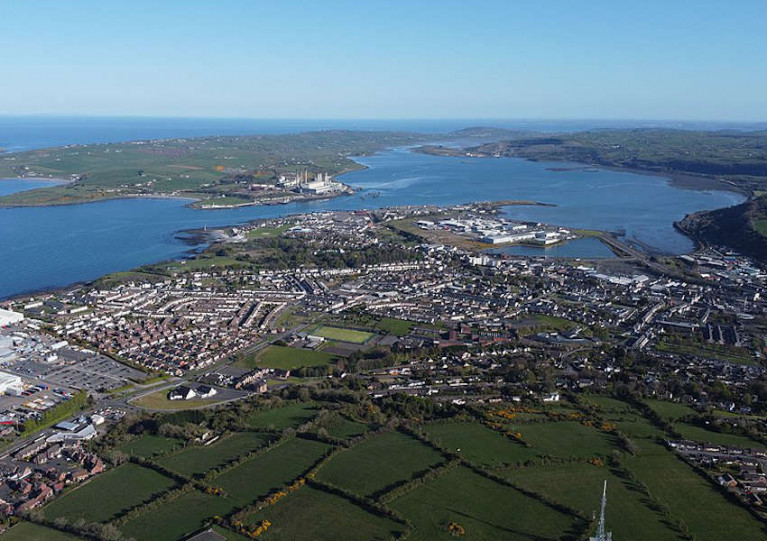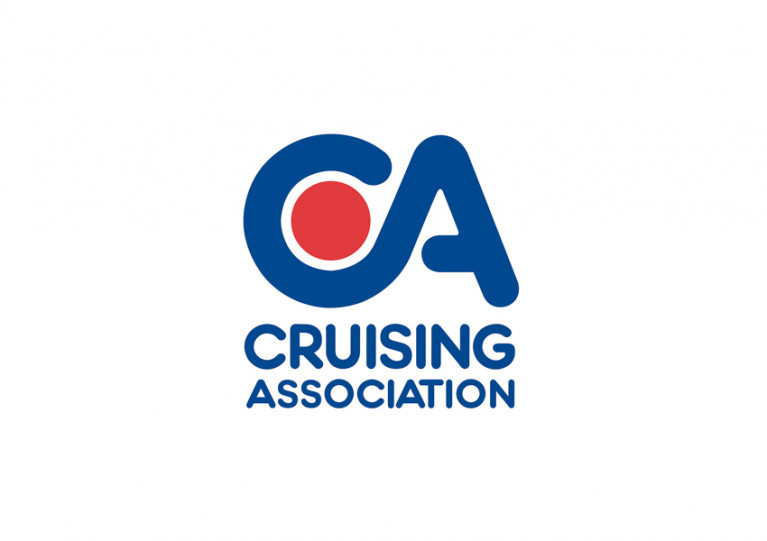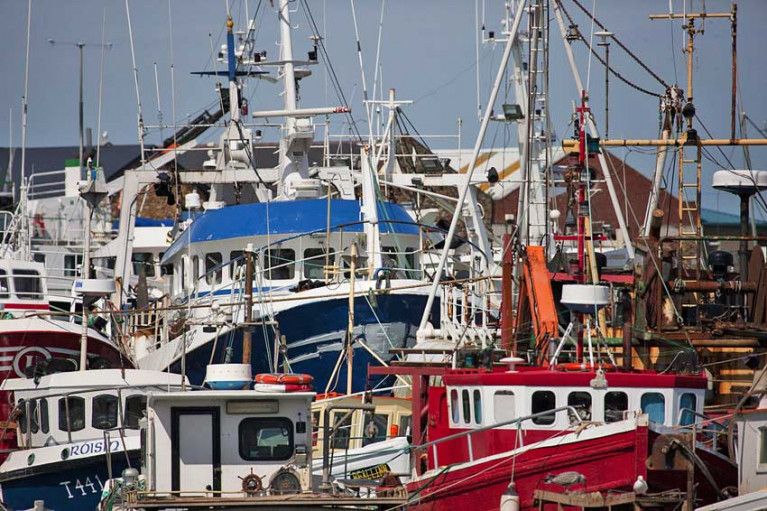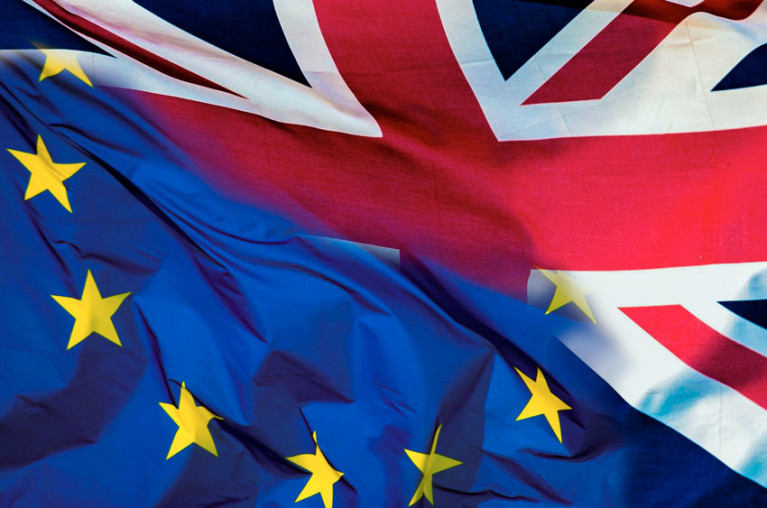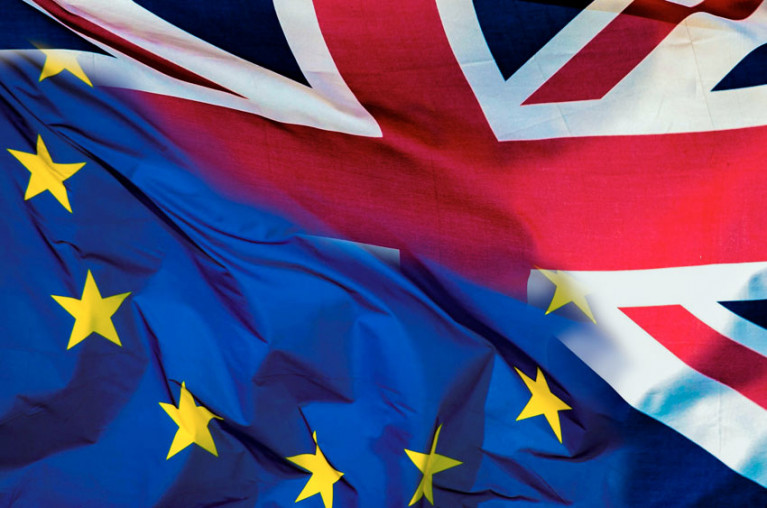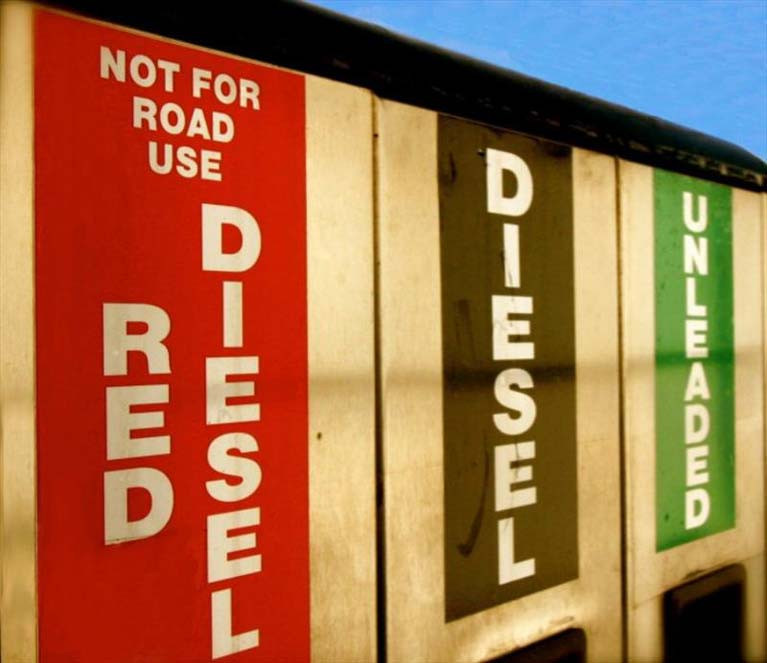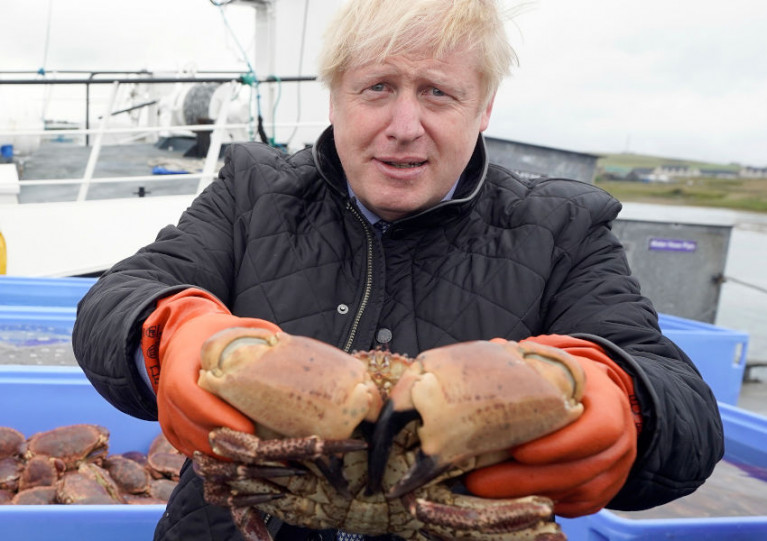Displaying items by tag: Brexit
The Royal Yachting Association (RYA) and British Marine have welcomed HM Revenue and Customs (HMRC) announcement of a six-month extension to the one-year grace period for Returned Goods Relief (RGR) previously put in place by the British Government.
The news yesterday (Thursday 25 March) extends the grace period for RGR until 30 June 2022 for all goods including recreational craft, regardless of when they left the UK, and follows representations from the RYA and British Marine asking for a three-year transition period.
Both organisations have argued that the one-year grace period effective from the end of the Brexit transition period, in respect of the three-year condition for RGR, was not sufficient — highlighting such issues as pandemic travel restrictions, Schengen Area immigration rules, insurance and the length of the sailing season.
This issue was central to a letter that the RYA and British Marine sent to the chief executive of HMRC in February, calling for a holistic approach to addressing the post-Brexit issues impacting on recreational boat owners and the British leisure marine industry.
Howard Pridding, the RYA’s director of external affairs, said: “The HMRC announcement is timely, as we have seen additional concerns from members about the new restrictions on leaving the UK announced this week.
"We will continue our constructive dialogue with HMRC on all outstanding post-Brexit issues, including the repatriation of boats that have not been in the UK under their current ownership, and look forward to receiving a full response from the HMRC chief executive on the points that we have raised.”
Lesley Robinson, CEO of British Marine, added: “This collaborative work with the RYA shows that together we can better influence matters affecting the leisure marine sector and boaters.
“Whilst we requested and set out a strong case for a three-year RGR transition period, the six-month extension is welcomed.
“However, given the current restrictions on international travel, we hope HMRC will demonstrate flexibility to the extension to allow all UK boat owners to return their boats in a safe weather window. This flexibility would also be welcomed by UK boat retailers and brokers in order to keep fulfilling the rising demand for second-hand boats in the UK.”
Call for Holistic Approach to Issues Facing British Boaters & Marine Industry Post-Brexit
British Marine and the RYA have written a joint letter to the head of Britain’s HM Revenue & Customs to call for a holistic approach to the various issues facing private pleasure boaters, the second-hand market and the wider industry post-Brexit.
According to Marine Industry News, the letter covers such issues as the ‘VAT trap’ for British boaters, repatriation of vessels as pandemic restrictions continue, and the status of and reporting requirements for boats lying in Northern Ireland waters.
The two organisations are specifically calling for an extension of the one-year grace period for Returned Goods Relief to three years, on account of the various difficulties boaters currently face in regard to moving their vessels around Europe.
Howard Pridding of the RYA said: “Following months of dialogue with officials and exchanges with ministers at HMRC, we are now appealing directly to the chief executive of HMRC to bring coordination to urgently address the outstanding issues and deliver clear and unambiguous guidance that we can share with our members.”
The move comes in the same week that the Cruising Association launched its campaign for a 180-day cruising visa separate from the 90-day Schengen visa system, which would help preserve British cruisers’ traditional routes to the Netherlands, Greece, Spain and Portugal.
NI’s Agriculture Minister has cited “practical difficulties” with the Northern Ireland Protocol in his decision to order a halt on construction of post-Brexit port inspection facilities.
According to Politico, acting DAERA Minister Gordon Lyons has also told NI ports not to levy charges on goods brought into Northern Ireland from Great Britain.
However, the order issued yesterday (Friday 26 February) does not apply to checks at existing infrastructure repurposed for the new trade regime since the end of the Brexit transition period on 31 December 2020.
Lyons’s party the DUP is currently mounting a legal challenge to the Northern Ireland Protocol, which places a de facto trade border in the Irish Sea between GB and NI.
Politico has more on the story HERE.
‘VAT Trap’ & Visa Rules Brew Up a ‘Perfect Storm’ for British Boaters, Says Cruising Body
British cruising boaters are in the middle of a “perfect storm”, with visa issues just the latest ill wind to blow, according to a leading voice in the Cruising Association.
As Marine Industry News reports, the CA’s Regulations and Technical Services (RATS) committee chair Robin Barron says the new post-Brexit visa regime for Britons entering the EU — which allow for a 90-day stay in any 180-day period — “simply doesn’t work for cruising yachts”.
He elaborates: “My worry is that second-home owners — who find themselves in the same position — will lobby successfully to have an extension, but the Cruising Association needs to make sure that any development includes people in boats and that a visa status change isn’t dependent on having a second address.”
Baron adds that he is looking at ways to make reciprocal arrangements happen within the Schengen Area.
“We’re trying to raise localised support, from marinas and other marine trades in target countries like Spain, Portugal and Greece,” he says. “We’re hoping they’ll help pressure their MPs to grant extended visas.”
Meanwhile, the so-called ‘VAT trap’ threatens to tie up countless numbers of British-owned boats in foreign marinas as the costs to bring them home run into the thousands.
Marine Industry News has much more on the story HERE.
Application for Fishing Vessel Access to UK Waters Now Online
Fishing crews wishing to access UK waters must complete an application form made available online by the Department of Agriculture, Food and Marine.
The application covers access to the UK EEZ (12-200 nautical miles only) and/or the 0-6 nautical mile zone of Northern Ireland.
Among the strict criteria for acceptance is having a valid IMO number for any vessel 12 metres or greater in length.
For further details, and to download the application form, see the Gov.ie website HERE.
What Irish Boaters Need to Know About Buying Vessels From & Cruising In Great Britain
Some Irish boat-buyers may be able to purchase new or second-hand vessels from the UK free of VAT.
But for most yacht-shoppers, Brexit has pushed the cost of buying much higher — just as it’s done for the used car market.
In response to a number of queries from concerned readers, Afloat.ie understands that the UK’s Sailaway boats scheme could be an option for some buyers, provided they will sail or motor their pleasure craft from the UK to Ireland and will keep it permanently outside the UK.
This scheme is not applicable to boats purchased for commercial use or transported as cargo. For these and all over new vessels, Customs Duty (including import VAT at 21%) will apply.
An exception exists for some second-hand vessels where the UK VAT was paid before the end of the Brexit transition period.
If an individual in Ireland bought a second-hand boat in Great Britain, on which UK VAT had been paid, and the deal was completed and the boat brought to Ireland before 11pm on 31 December 2020, it is Afloat.ie's understanding that the buyer will not owe Irish VAT on the purchase.
All purchases since that date are subject to Irish VAT, however.
It's also understood that second-hand boats purchased from Northern Ireland are not subject to additional VAT if proof can be shown that the vessel has paid VAT and had been owned by an NI resident. But this would not apply to any vessel imported from the UK through Northern Ireland.
Online customs charges are another potential complication for Irish shoppers browsing the UK boat marketplace.
While the Brexit trade deal agreed in December exempts goods made in the UK from customs charges in Ireland, duty will be payable on many products that have been imported into the UK from elsewhere.
Irish VAT will be payable regardless on all packages valued at €22 or more (including postage) until 30 June 2021, after which VAT will be paying on all goods entering the EU irrespective of value.
Afloat.ie understands that the future tax status of boats now depends on where they were as the Brexit transition period ended.
Those in Ireland at that time, regardless of nationality, retain the status of “Union goods” and can — nominally at least — move freely in EU waters.
Those that were in the UK, however, now face numerous restrictions on future movement — not limited to new VAT liability.
Boats in Northern Ireland are for now recognised as having both UK status and “union status” — a move which averted a potential influx of visiting boats and concerned owners into Irish marinas over the Christmas period.
Businesses seeking to import new or second-hand boats from the UK to Ireland will have to register for an Economic Operators Registration and Identification (EORI) number and complete various customs declarations.
Rules for Irish boaters cruising to British waters (and vice versa) are not yet as clearly defined.
While there has been no change for those cruising between Ireland and Northern Ireland, boaters crossing from Ireland to Great Britain (and vice versa) are strongly advised to keep proof of VAT-paid status on board at all times, as well as complete form C1331 for HM Revenue & Customs.
All arrivals in Great Britain from Ireland (except Northern Ireland) must also hoist flat Q on first arrival and keep it flying until clearance is granted via the National Yachtline (charges may apply).
Temporary admission of a UK vessel for private use into Ireland (including spare parts for minor repairs or servicing) is allowed “without formality” for a maximum of 18 months.
Sailboats and equipment may also be imported temporarily for sports events, but paperwork (such as an ATA Carnet) may apply.
Update 9/2/21: This story was updated to clarify a point around VAT liability on second-hand boats purchased from Great Britain before the end of the Brexit transition period. Thanks to Norman Kean for his assistance.
UK Boaters Sailing EU Waters In for Strange Year, RYA Warns
“All sorts of strange things” will emerge this year for UK sailors in EU waters as post-Brexit issues remain to be ironed out.
As Sailing Today reports, RYA cruising manager Stuart Carruthers has outlined some harsh truths for British boat owners who had been used to easy cruising excursions beyond home shores.
“As an example, the whole idea of taking a sabbatical in the Mediterranean, living on your boat, which you’ve bought with your pension, has just disappeared out of the window now that we are subject to Schengen Area visitor visa rules. That is just one post-Brexit reality,” he said.
Meanwhile, EU member states appear to be taking a less than harmonious approach to recognition of British boats’ VAT paid status, as the Cruising Association’s Brexit spokesperson Roger Bickerstaff has warned.
“We’re going to be seeing different countries taking different views,” he said.
Carruthers also noted: “The status of boats in Northern Ireland is also unclear — are they classed as UK goods, Union goods, will they be able to enter Great Britain VAT-free?”
Sailing Today has much more on the story HERE.
McConalogue Says He Has Raised Ireland's "Serious Concerns" at EU Level Over Disproportionate Brexit Fish Deal
Marine minister Charlie McConalogue says he has expressed Ireland’s “serious concerns” at EU level about a “ disproportionate burden being borne” by it in relation to fish quotas lost under Brexit.
Mr McConalogue said he conveyed this at an informal EU agriculture and fisheries council on January 25th, and Ireland was “awaiting to hear how this matter will be urgently addressed.”
An Oireachtas agriculture and marine committee was told last week that Ireland had taken a disproportionately large hit in the final deal.
Killybegs Fishermen's Organisation chief executive Sean O’Donoghue said that if the total loss to nine coastal states is valued at €182 million, Ireland should have lost some €20 million in quotas.
Instead, Ireland’s loss has been calculated at over €42 million, he noted.
 Killybegs Fishermen's Organisation chief executive Sean O’Donoghue
Killybegs Fishermen's Organisation chief executive Sean O’Donoghue
The frontloading of cuts over five-and-a-half years to 60 per cent this year was also unexpected, he said.
“We have formally requested our government to go back to Brussels and demand that the eight other EU coastal countries step up to the plate and take a proportionate hit on the Brexit deal,” he said.
Mr McConalogue said this week that he had made it clear that "ministers at council must have a direct engagement in the negotiations between the EU and UK to ensure that the fishing industry and other stakeholders have confidence that their concerns and voices are heard and understood".
The informal EU council meeting focused on the preparation for discussions between the EU Commission and the UK on setting TACs and fish quotas for 2021, he said.
Existing provisional quotas are due to end in March, and full-year TACs must be negotiated with Britain before then.
New procedures for interactions with the UK are being put in place, Mr McConalogue said, and member states’ priorities for the negotiations were discussed at this meeting.
“In relation to setting TACs for 2021, I made clear that Ireland is fully committed to respecting setting quotas in line with fishing at maximum sustainable levels (MSY) where this is known, and for other stocks all available data and information must inform TAC setting,” he said.
‘Istanbul Convention’ Should Apply for UK Boats With Red Diesel Cruising in EU Waters, CA Says
Marine red diesel is still on sale to leisure vessels in the UK despite Westminster’s pre-Brexit plans to phase it out, the Cruising Association says.
As previously reported on Afloat.ie, the British Government made clear its intention to legislate for a ban on the use of subsidised dyed or ‘red’ diesel except for agriculture, railway and non-commercial heating.
It follows a judgment from the European Court of Justice that also necessitated Ireland’s own ban on green-dyed diesel use for cruising and leisure boating which came into force at the start of 2020.
Now that Britain has left the EU, red diesel will continue to be legal for the propulsion of vessels in the UK until April 2022, says the body that represents Britain’s small-boat cruising community.
However, red diesel in craft engine tanks is not permitted in the EU27 and other countries — including Ireland.
The CA’s Regulations and Technical Services group (RATS) says it has received information from HM Revenue and Customs that they agree the Istanbul Convention of 1990 allows vessels to make visits to the EU27 and elsewhere without import prohibitions or restrictions on propulsion fuel.
This includes visiting craft with UK red marine diesel — or red dye traces — in their engine tanks, it adds. But it is unclear whether EU27 countries will implement their own laws in accordance with the Convention as expected.
The situation is also different in Northern Ireland, where the Northern Ireland Protocol means relevant EU directives will continue to apply.
“If this affects what fuel private pleasure craft (PPC) in Northern Ireland can use, HMRC will provide an update at the appropriate time,” the CA says.
A crisis in Scotland’s fishing industry since the end of the Brexit transition period has only worsened as a leading logistics provider has called a halt to deliveries of fresh seafood to the EU amid a raft of delays.
As the Guardian reports, DFDS paused its deliveries of live seafood and fresh fish to France, Spain and elsewhere on the continent last Friday (8 January) over issues with health certificates, customs documentation and IT difficulties.
It’s hoped deliveries can resume from next Monday 18 March but the company has warned they will take significantly longer than before Brexit — prompting fears that Scotland’s £1 billion seafood trade with Europe could disappear.
The Guardian has more on the story HERE.


























